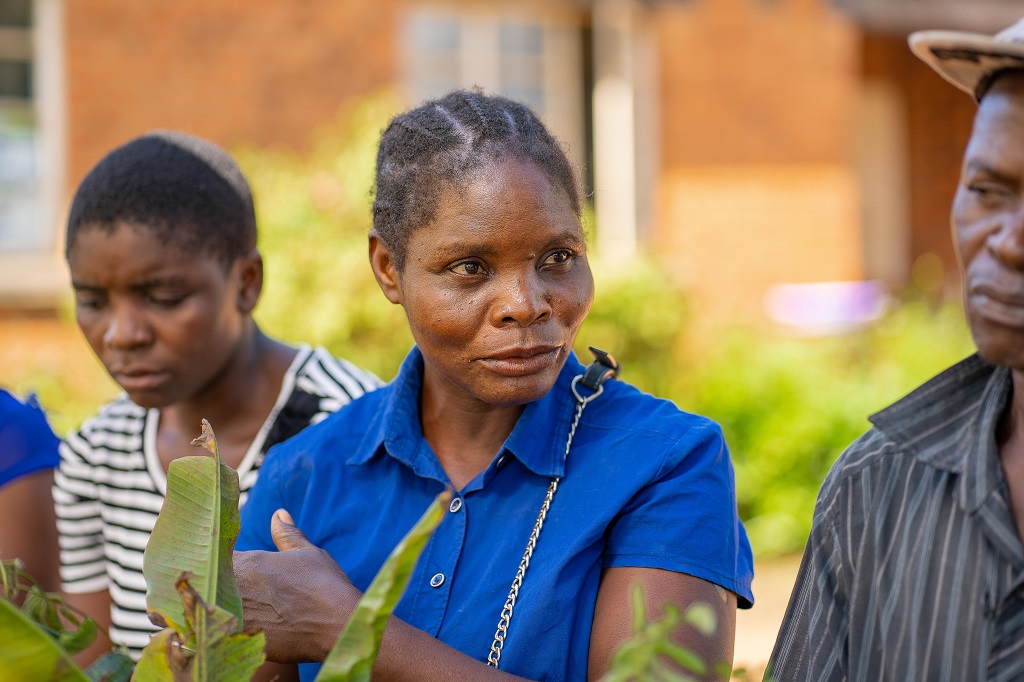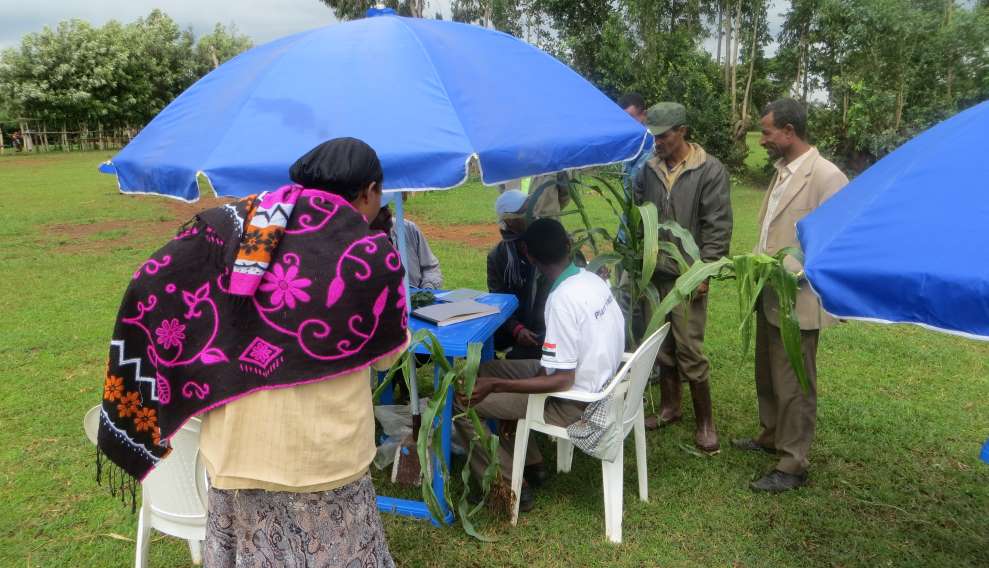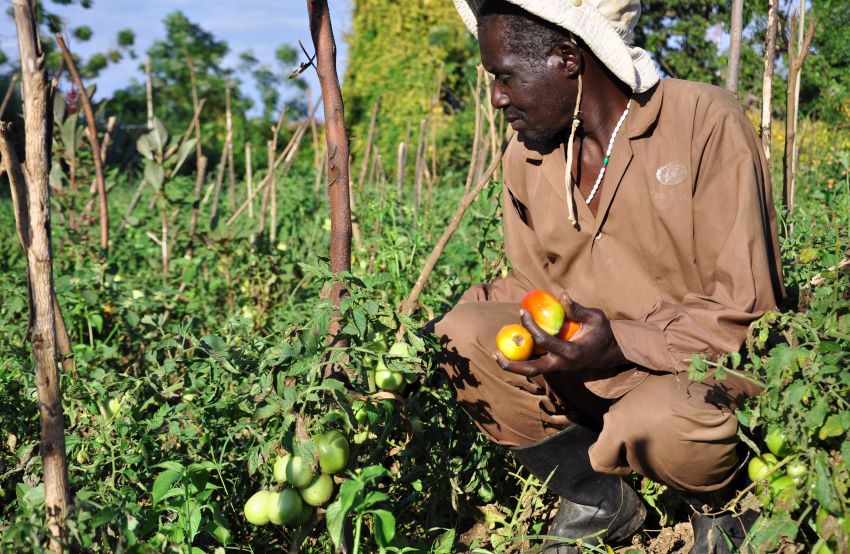Update: New Pest & Disease Records (9 September 2021)
We’ve selected a few of the latest new geographic, host and species records for plant pests and diseases from CAB Abstracts. Records this month include a report of a new root-knot nematode parasitizing grape in Yunnan and a new species of Echidnodella from India.
How Insect Saliva is Helping Crops Protect Against Pest Damage
A new study has unlocked the hidden ways in which important cash crops such as cowpea (Vigna unguiculata) tackle localised pest invasion and damage using natural defence mechanisms. Insights such as these are key for the future protection of our global agricultural production in the light of increasing pest outbreaks and crop damage.
Enabling Data Access Project: Supporting Grantmakers and Digital Capabilities in India and Ethiopia
The Enabling Data Access project, funded by the Bill & Melinda Gates Foundation aims to support the improved design of grants with data components in collaboration with the Open Data Institute (ODI). The core goal of the project is to understand the various challenges faced by grantmakers and those who manage grants (Program Officers (POs)) within the Digital Farming Services Gates Foundation…
Update: New Pest & Disease Records (5 August 2021)
We’ve selected a few of the latest new geographic, host and species records for plant pests and diseases from CAB Abstracts. Records this month include the first report of Didymella americana causing corn stalk rot in China and the First report of Lasiodiplodia theobromae causing decline of blueberry (Vaccinium corymbosum) in the Czech Republic.
Biotechnology aiding the fight against cowpea pest damage in Africa
Cowpea (Vigna unguiculata), a staple crop in West Africa, is consumed by more than 200 million people a day and is an important source of income for farming communities. Nigeria is the largest producer of cowpea, yet still imports roughly 500,000 tonnes of the crop per year due to the domestic consumption demand. This need…
Village-based plant clinics benefit Ethiopian farmers
In Ethiopia, smallholder farmers are the mainstay of the economy, with the country’s large rural communities dependent on small-scale farming for food security and income. However, farmers face several challenges when trying to improve crop yields, in particular plant pests and diseases. It is estimated that Ethiopian farmers lose up to 50% of all crops…
Update: New Pest & Disease Records (7 July 2021)
We’ve selected a few of the latest new geographic, host and species records for plant pests and diseases from CAB Abstracts. Records this month include a new species of bark beetle in Taiwan and the first record of fungi isolated from Thrips tabaci on garlic in the Philippines.
Plant Health Rallies benefit farmers in Uganda
CABI has conducted a study into Plant Health Rallies in Uganda and the positive impact they have on farmers’ plant health management knowledge, attitudes and practices. The study looks at what factors enhance or hinder farmer attendance at rallies, as well as how advice received is applied.










